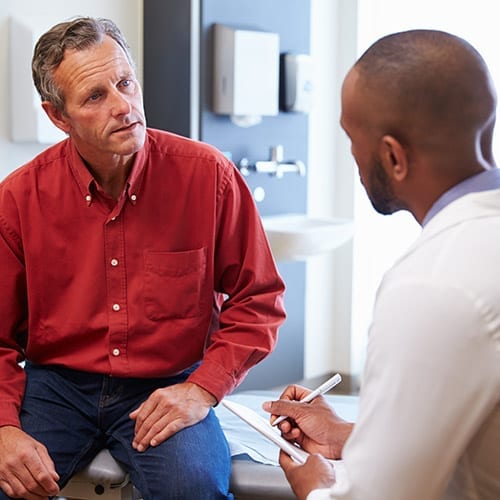The UK’s food and drink sector stands at a pivotal point in its international trade journey. In 2023, the sector’s export value hovered below £25 billion.…
Dispensing practices and improving VAT recovery
VAT has never been simple and the VAT rules that apply to the health and welfare sector are particularly complicated.
In simple terms, healthcare services provided by a registered medical practitioner are exempt from VAT, as is the provision of care, medical or surgical treatment in a hospital or state regulated institution.
As businesses making only supplies that are exempt from VAT are not able to register for VAT, they do not charge VAT but also cannot claim any VAT they incur on the purchase of goods or services.
So why is it so complicated?
There are occasions where supplies made by medical practices do not fall within the healthcare or welfare exemption and VAT must be charged on these supplies when provided by a business that is, or should be, registered for VAT.
Some examples are:
- Supplies by therapists such as acupuncture, psychotherapy, hypnotherapy and other, who do not have statutory registers that allow them to practice
- Healthcare services that are not performed by an appropriately qualified and registered healthcare professional, unless they are directly supervised, or provided within a hospital or state regulated institution
- Services where the principal aim is not the protection, restoration or maintenance of health (this may include certain medical reports for employment or insurance assessment purposes)
- Supplies of staff (although there are potential VAT reliefs available for nurses and nursing auxiliaries)
Provided supplies that are subject to VAT do not exceed the registration threshold (currently £85,000) in any rolling 12-month period, the practice is not required to register for VAT compulsorily.
What about dispensing?
In most cases, the dispensing of prescription drugs for an individual’s personal use will be zero rated for VAT purposes, meaning income from dispensing drugs is taxable, but with VAT chargeable at the zero-rate.
The benefit is that no VAT is paid to HMRC on the income and most importantly, if registered for VAT, any VAT incurred on expenditure related to this is fully recoverable.
If the income from dispensing activities exceeds the VAT registration threshold, the dispensing practice must register for VAT (or apply for an exception). Otherwise, if trading below the threshold, many dispensing practices may choose to register for VAT voluntarily, so long as the VAT recoverable on expenses will exceed the VAT payable on supplies subject to VAT.
How do we improve VAT recovery?
If registered for VAT, and you make both taxable and exempt supplies, an apportionment of VAT incurred is required. This is called the partial exemption calculation and calculates how much VAT you can claim from HMRC.
Dispensing practices may overlook the elements of NHS contract income that should be treated as zero rated (taxable) income, rather than exempt income.
The benefit is that income subject to VAT at 0% only, increases the amount of VAT that may be claimed on overhead costs of the practice, such as rent, accountancy, professional fees, IT, and other general costs.
If this calculation is not being completed, you may be missing out on claiming back significant amounts of VAT. Not only can you improve your current VAT recovery position, but the rules allow a business to look back up to four years earlier to revisit their partial exemption position and put in place procedures for on-going annual savings.
We have helped many dispensing practices recover the VAT that they were missing out on.
If you would like to explore this opportunity, please contact our healthcare VAT expert Ross Bond ([email protected]) who will be happy to help.
Key takeaways
- Most income from healthcare services is exempt from VAT but there are a number of common supplies that are subject to VAT
- The dispensing of drugs in most cases allows VAT registered practices to recover VAT on all expenses directly related to that income but without additional VAT due to HMRC on the income
- Many dispensing practices treat all of their NHS contract income (excluding dispensing drug income) as exempt from VAT, however significant values of that income should correctly be treated as zero rated, allowing a much-improved recovery of VAT on expenses and no additional VAT due to HMRC on the income
- If you are not already apportioning your NHS income, or haven’t reviewed your calculations in some time, particularly since Covid, contact us for an initial discussion or review




